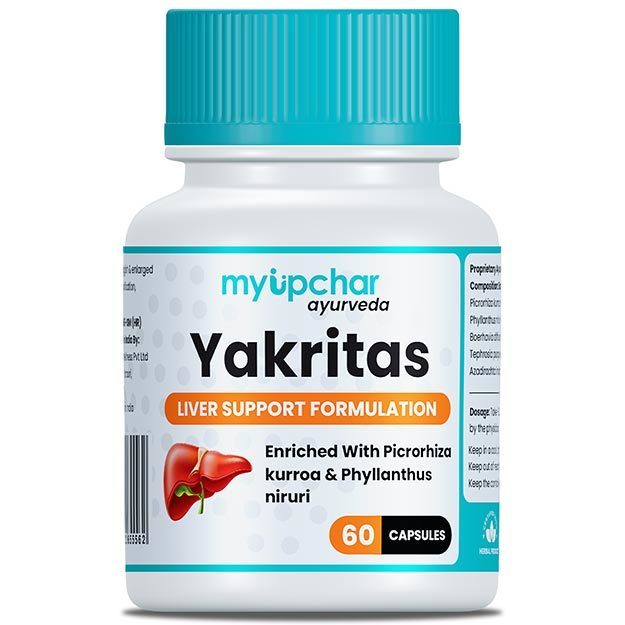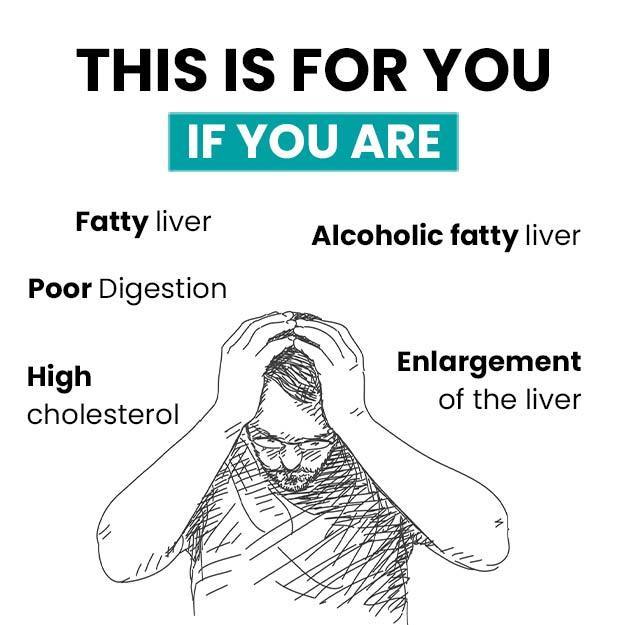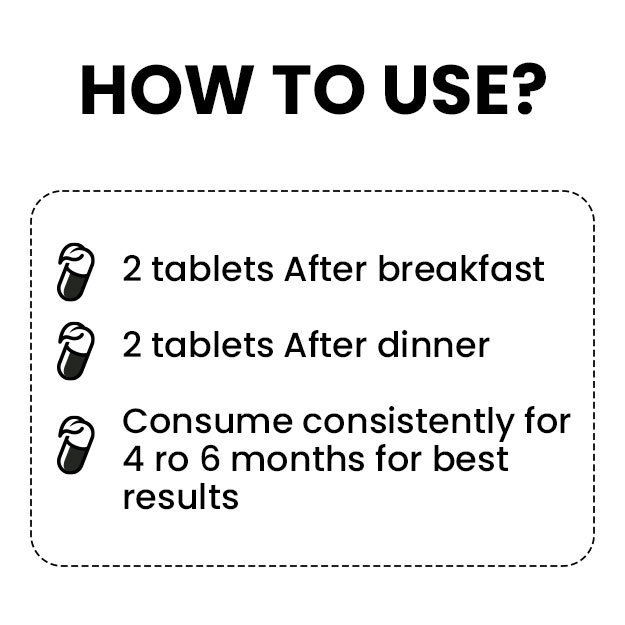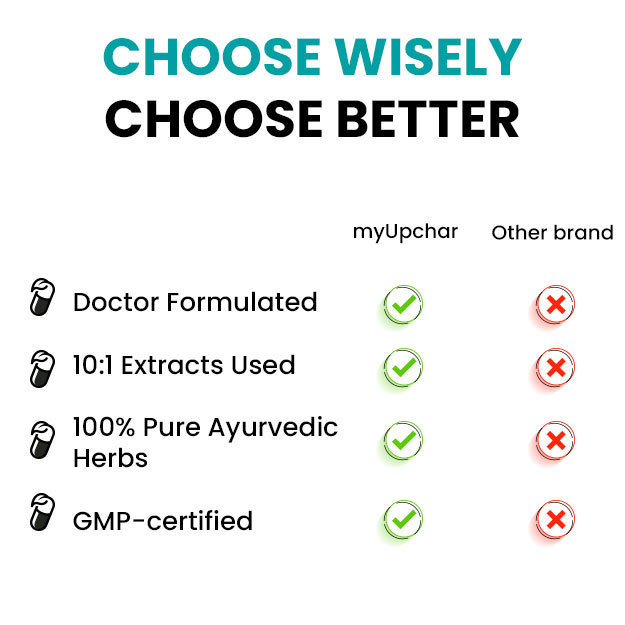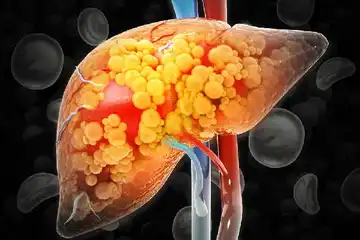Hepatitis E is an acute condition that targets the liver (an acute condition is one that can occur suddenly or severely, and which does not usually result in prolonged illness). Even though anyone, anywhere in the world can get hepatitis E, it is more commonly seen in developing countries.
The infection, caused by the hepatitis E virus (HEV), is one of five types of viral hepatitis—hepatitis A, hepatitis B, hepatitis C, hepatitis D, hepatitis E. While hepatitis B and hepatitis C can cause chronic or long-time illness, hepatitis E usually doesn't extend beyond six weeks.
(In October 2020, the Royal Swedish Academy of Sciences awarded the 2020 Nobel Prize for Medicine to Harvey J. Alter, Michael Houghton and Charles M. Rice, who discovered hepatitis C, a much more lethal infection than hepatitis A, D or E).
Most people with hepatitis E recover completely, as the condition does not cause long term damage to the liver in most cases. Anyone with a weak immune system, including pregnant women, are more prone to facing complications. In 2015, the World Health Organization (WHO) estimated that hepatitis E accounted for 3.3% of the mortality due to viral hepatitis.
Continue reading to find out more about the causes, symptoms and treatments available for hepatitis E.

 Doctors for Hepatitis E
Doctors for Hepatitis E 


